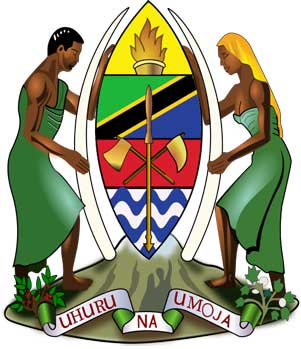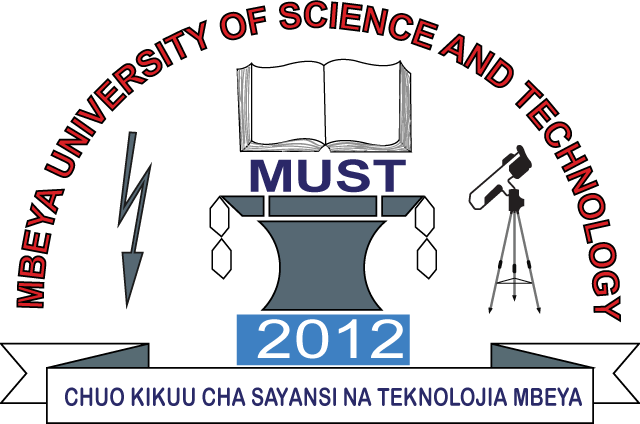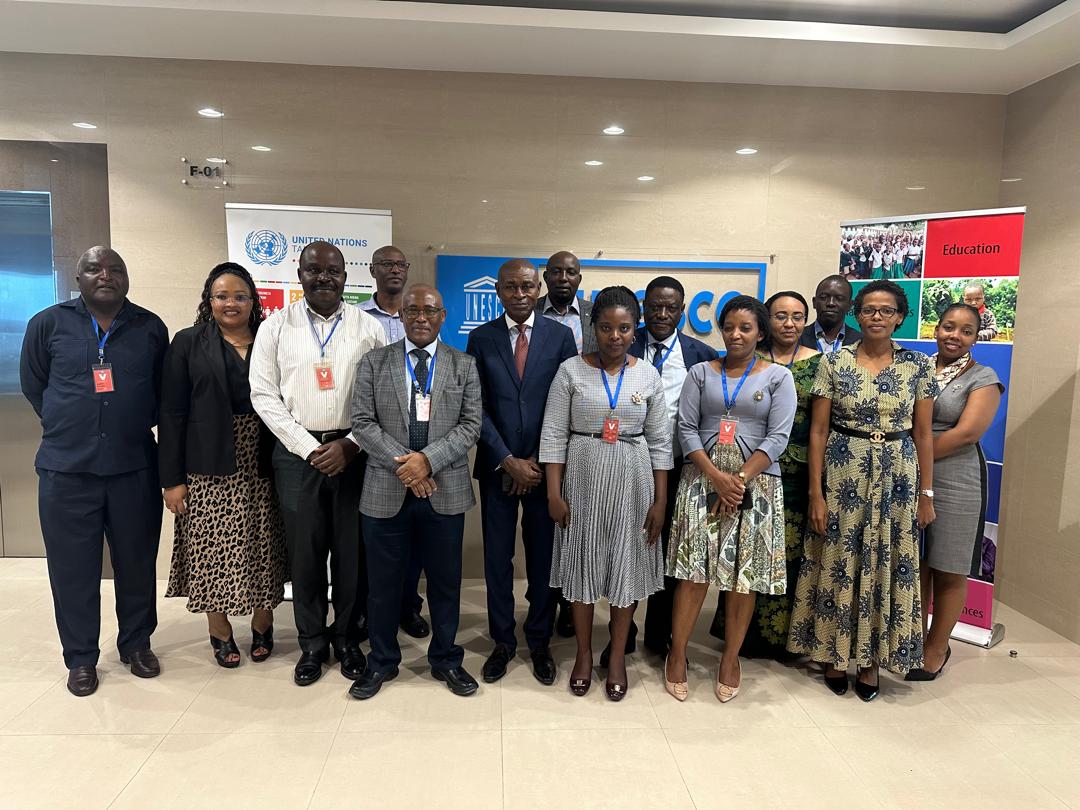
The United Republic Of Tanzania
Ministry of Education, Science and Technology
Mbeya University of Science and Technology
Leading Centre of Excellence for Knowledge, Skills, and Applied Education in Science and Technology


Leading Centre of Excellence for Knowledge, Skills, and Applied Education in Science and Technology


Six African countries are implementing the China funds in Trust (CFIT) project Phase III, among them is the United Republic of Tanzania. In Tanzania, the University of Dar es Salaam (UDSM) and the Mbeya University of Science and Technology (MUST) are the project implementing institutions. The project monitoring and evaluation processes include conduction of National Technical Committee meetings. On 9th and 10th May 2024, the MUST in collaboration with the UNESCO Dar es Salaam Field successfully convened a National Technical Committee meeting. During the opening session the Ministry of Education, Science and Technology’s (MoEST) Director of Higher Education, Prof. Peter Msoffe informed the participants that the Ministry recognize the roles of the project implementing institutions and that of UNESCO. “All the implementing Universities should ensure that all the planed activities are implemented according and the identified challenges be mitigated,” emphasised Prof. Msoffe.
Prof. Liu Yufeng joined the meeting online from Paris and appreciated on the project implementation status particularly the MoEST, UDSM and MUST. Further informed the participants on important issues considered in the project including cooperation with labour market, contribution to national polices, the focus on the promotion of green skills and standards. “UNESCO appreciates the convening of the meeting and is in the process of developing the CFIT Phase IV project,” said Prof Yufeng. During the welcoming remarks, the Head of Education Sector, Ms. Faith Shayo informed the participants on need to have the National Technical Committee and the National Steering Committee meetings. “This meeting has been organised by MUST in cooperation with UNESCO as among the project requirements and the implementing institution should ensure that the project is visible through website articles and the CFIC In-sight new sarticles,” said Ms Shayo.
The MUST Project Coordinator for the CFIT project Prof. Zacharia Katambara presented the status of project. The successfully completed project components include the new 14 industry informed curricula, approval of curricula by MUST Governance systems and endorsement by Engineers Registration Board, development of guidelines and signing of Memorandum of Understanding. “As a step towards the implementation of the MoU between MUST and Mufindi District Council, the two parties have agreed to implement a mini-hydropower plant project across the Nyalawa River in Rufiji Basin were field practical training for students, internship for graduate and junior staff from the fields of civil, electrical, mechanical, mechatronics, electronics and ICT will be exposed to a real-world experience,” said Prof. Katambara.
Participants agreed of several way forward implementable activities that enables the institutions to meet the project requirements. “All the agreed activities should observe the dates and qualities for the preparation of the National Steering Committee,” emphasised Prof. Msoffe during the closure of the meeting. “We thank the Almighty God for the grace to attend the meeting, the Chairperson for guiding well the discussions, our institutions Management for allowing us to work on the project, the participants for the actively attending and all issues will be implemented as directed,” said CPA Grace Bisendile when delivering a vote of thanks.
It is fair to note that this project has benefitted MUST in terms of strengthening of the academia and industry linkages, development of industry informed curricula and training of staff on curriculum development as well as the associated tools. Upon the successful completion of the project MUST will be serving the Nation in a more pronounced manner